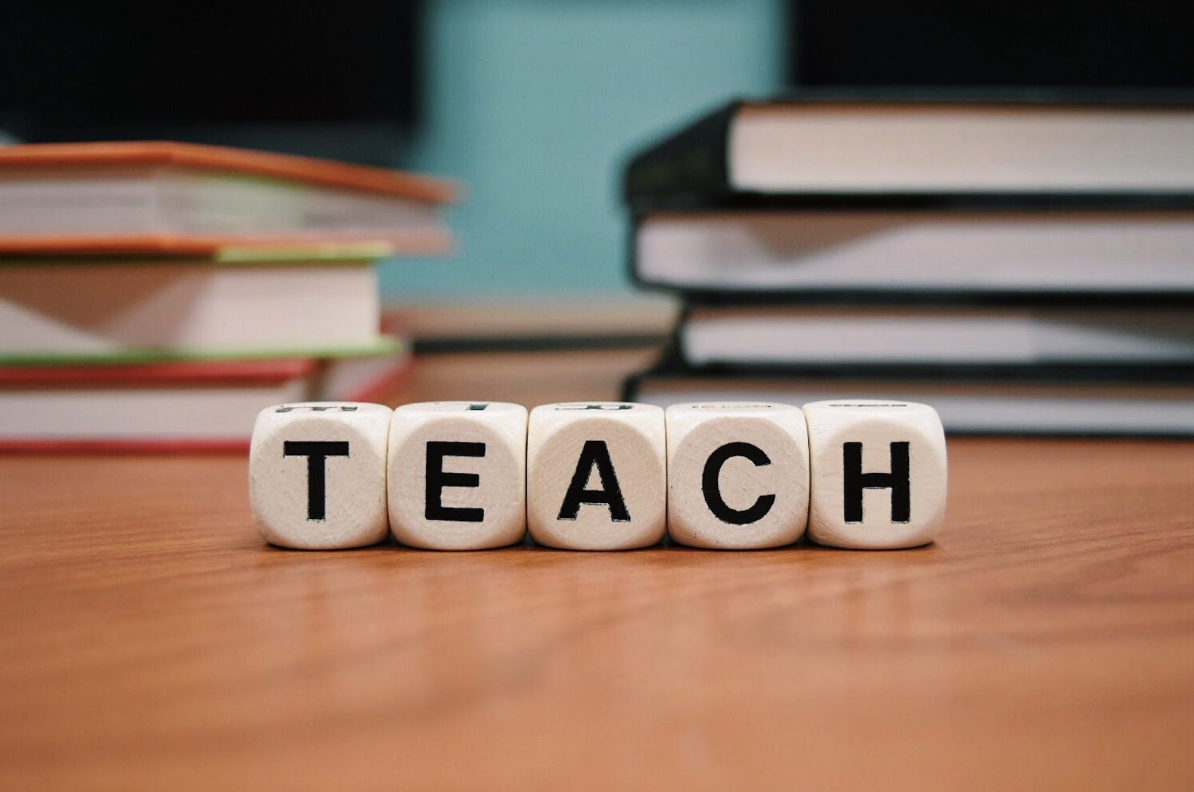International Day of Education- 04 January 2024

By Teboho Mosebo/ GICJ
Background
On the 3rd of December, 2018, the United Nations General Assembly officially designated the 24th of January as the International Day of Education through a resolution that underscored the global significance of education. The motive behind this was to honour the significant role education has on peace and development. Resolution 73/25, International Day of Education, was co-authored by Nigeria and 58 other Member States. These Member States demonstrated a resolute political commitment to strengthen renewed initiatives aimed at fostering quality, equitable, and inclusive education for all. The international community emphasised that a significant role is played by education in terms of developing a very strong and viable society as well as adding a pivotal value to the achievement of all other Sustainable Development Goals.
The resolution urged all stakeholders such as the civil society, academic institutions and relevant stakeholders to observe the International Day of Education. This was aimed at enhancing international cooperation in supporting the efforts towards the realisation of Sustainable Development Goal 4. The United Nations Educational, Scientific and Cultural Organisation (UNESCO) is the specialised agency that aims to promote global peace and security by international cooperation in education, culture, science, arts and it facilitates the yearly commemoration of the Day [1].
2024 Commemorations
In its sixth iteration this year, the observance of the International Day of Education centres around the theme of "Learning for Lasting Peace." UNESCO attributes this year’s International Day of Education to the crucial role education and teachers play in countering hate speech. Currently, the world is witnessing rapid growth of violent conflicts, which correspond to an alarming growth of hate speech, xenophobia, discrimination and racism. The impact of such violence goes beyond the limits based on religion, gender, race, geography, and politics. UNESCO underscores the pressing need for an active commitment to peace in the contemporary context, referencing the organisation's Recommendation on Education, Human Rights, and Sustainable Development as a pivotal guiding framework. Learning for peace is ought to bring change and empower learners with important values, attitudes, knowledge and skills, as well as behaviours needed to become agents of peace in their societies [2].
The crucial role education and teachers play in countering hate speech
It has been evident in recent times that hate speech is a phenomenon that is used, especially through social media, as a tool to destroy the fabric of our communities. Hate speech increases discrimination and prejudice and can enable and normalise violence. It has intensified globally, amplified through the use of social platforms, and worsened by new and protracted crises in various regions – severely impacting the security and safety of communities throughout the globe.
Recent explosion of hate speech
Conspiracy theories and hate messages that target and scapegoat certain communities have become increasingly amplified on social media and other online platforms. The statistics from a recent survey conducted by UNESCO/IPSOS in 16 countries indicated that 67% of internet users had experienced online hate speech, whilst 85% others were worried about the impact and influence of disinformation on their fellow citizens and viewed this as a serious threat which might possibly destabilise societies. On the other hand, the 7th of October 2023 Hamas attack against Israeli civilians amounted to a 337% increase of anti-Semitic incidents in the USA, a 320% increase in Germany, and a 961% increase in Brazil in comparison to the year before. An increase of 818% was spotted in the Netherlands compared to the last 3 years and a 43-fold increase in the volume of anti-Muslim discourses on YouTube comparing the four days before and after the attack. These statistics have been sourced from both the Anti-Defamation League and the Institute for Strategic Dialogue based in the United Kingdom, respectfully.
New standard-setting instrument on education for lasting peace
Education can be utilised as an imperative tool that addresses the root causes of hate speech. By means of education, learners across various age groups can acquire the essential skills to discern and address instances of hate and injustice. This process not only equips them to appreciate the significance of human rights and diversity but also fosters an understanding of the distinction between freedom of expression and the pernicious implications of hate speech. The recent revision of UNESCO's Recommendation on Education for Peace, Human Rights, and Sustainable Development is poised to significantly influence the trajectory of education systems and policies in the forthcoming years. [3]
Geneva International Centre for Justice (GICJ) commends UNESCO for its efforts in ensuring that education is used in the fight against hate speech, racism, discrimination and violence, whilst remaining concerned about the ongoing use of hate speech, particularly on social media. We urge and call upon people, especially the youth, to refrain from using social media to degrade or mock others on the basis of religion, race or nationality. Education can be used in effective ways, such as raising awareness to the world about human rights violations, changing lives and connecting with millions of people across the globe.
[1]. https://www.un.org/en/observances/education-day/background
[2]. https://www.unesco.org/en/international-day-education
Picture source: https://www.pexels.com/photo/teach-dice-ornament-on-table-301926/
#Education #RoleOfTeachers #Hate speech #LearningForLastingPeace #UNESCO #InternationalDay #GICJ #Geneva_International_Centre_for_Justice







